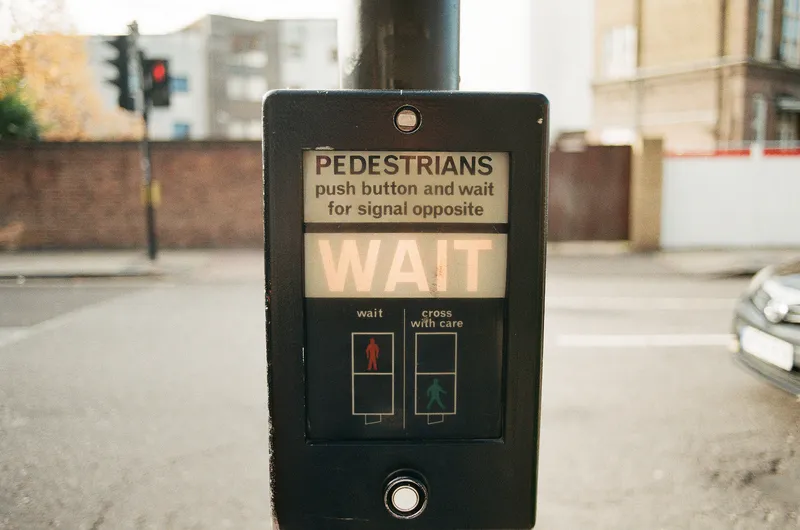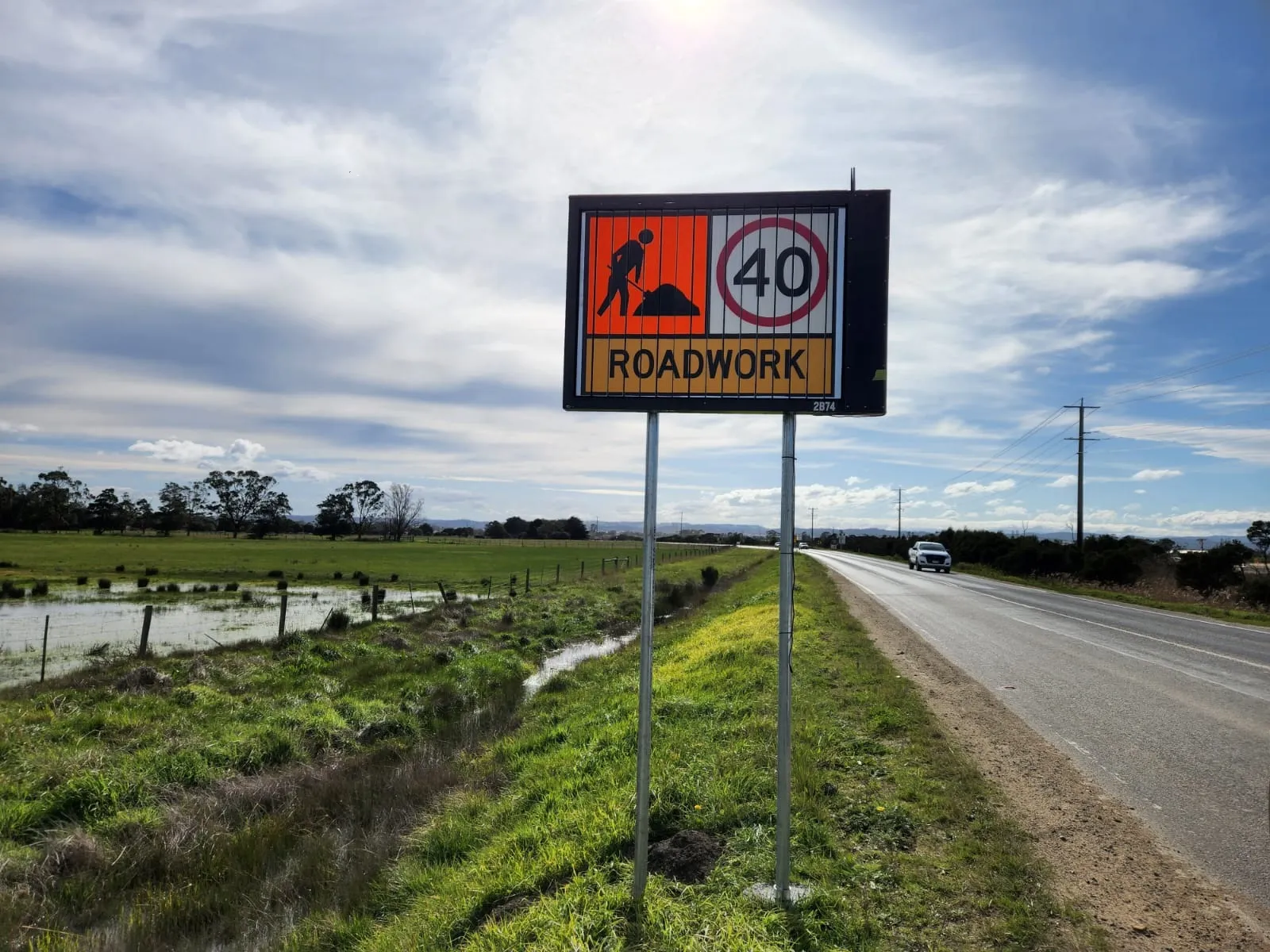US transportation solutions supplier McCain is to distribute the Polara Enterprises range of accessible pedestrian signals and ADA-compliant pedestrian technology and push buttons in Southern California. The exclusive agreement includes the newly-released Polara iNavigator series, which uses wireless communication via an iOS Apple or desktop app for easy programming and communication.
Polara accessible pedestrian systems (APS) utilize audible tones, speech messages, and vibrations to communicate to pedes
April 12, 2017
Read time: 1 min
US transportation solutions supplier 772 McCain is to distribute the Polara Enterprises range of accessible pedestrian signals and ADA-compliant pedestrian technology and push buttons in Southern California. The exclusive agreement includes the newly-released Polara iNavigator series, which uses wireless communication via an iOS Apple or desktop app for easy programming and communication.
Polara accessible pedestrian systems (APS) utilize audible tones, speech messages, and vibrations to communicate to pedestrians how and when to safely cross the street. Polara offers a two-wire central communication push button system approved by several Southern California agencies as well as a localised,3879 Caltrans-approved pedestrian system powered by the pedestrian signal.
Polara accessible pedestrian systems (APS) utilize audible tones, speech messages, and vibrations to communicate to pedestrians how and when to safely cross the street. Polara offers a two-wire central communication push button system approved by several Southern California agencies as well as a localised,









